Generations to come
We’re building Tscharke to exist for hundreds of years into the future, so genuine sustainability is a fundamental element of how we go about our business. Currently, the sixth generation of the Tscharke family are the custodians of our land, and the seventh generation are growing up among the vines, as we speak.
When we look at our business through this lens, it’s clear that the decisions we make today will resonate far into the future, and this frames the way we go about our business.
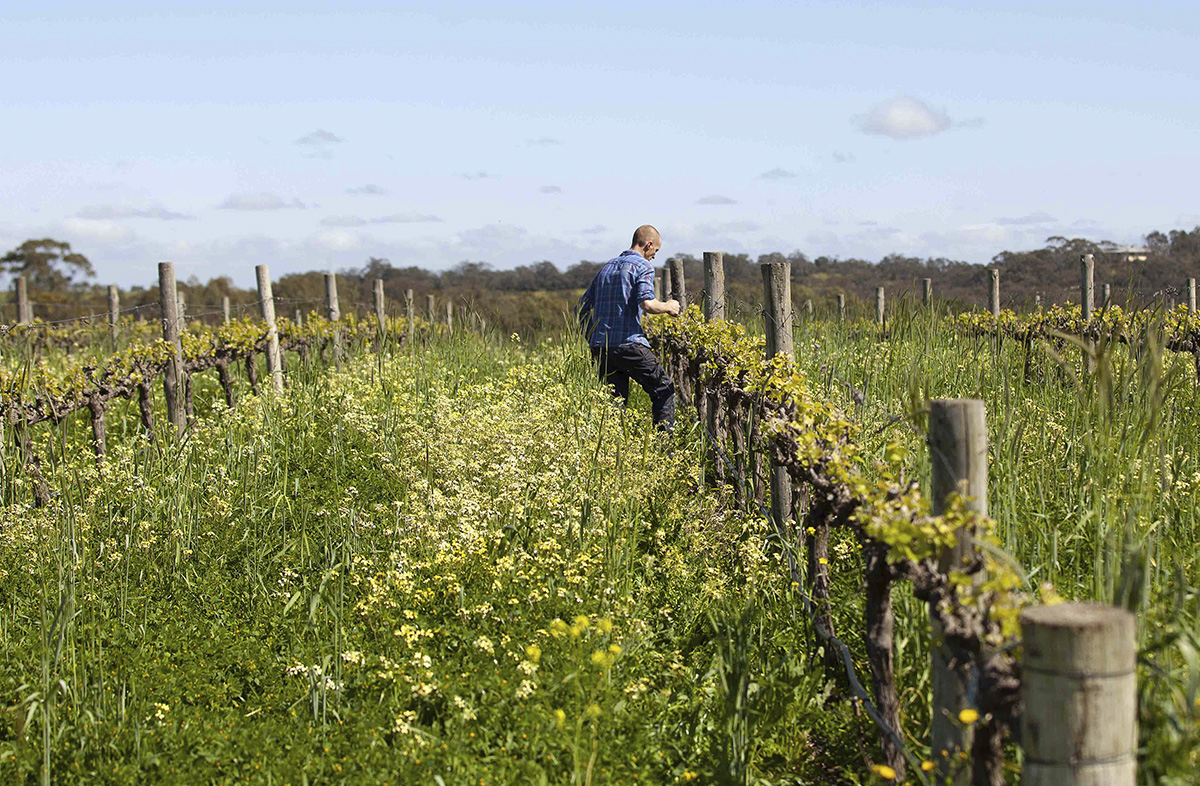
Certified Organic
Tscharke’s organic certification is through the National Association for Sustainable Agriculture Australia (NASAA), Australia’s most internationally recognised Australian organic certification label. To achieve this level of certification, our entire estate, including all vineyards and winery production sites have to meet NASAA’s exacting standards, as well as an annual audit.
These audits include forensic examination of our winemaking records, randomised soil samples, random leaf tissue samples from the vineyard to test for chemical traces, random bottle samples, stock control auditing and inspection of our equipment. “Audit day” is a hugely important date on our annual calendar and there is great satisfaction when we receive our renewed certification each year.
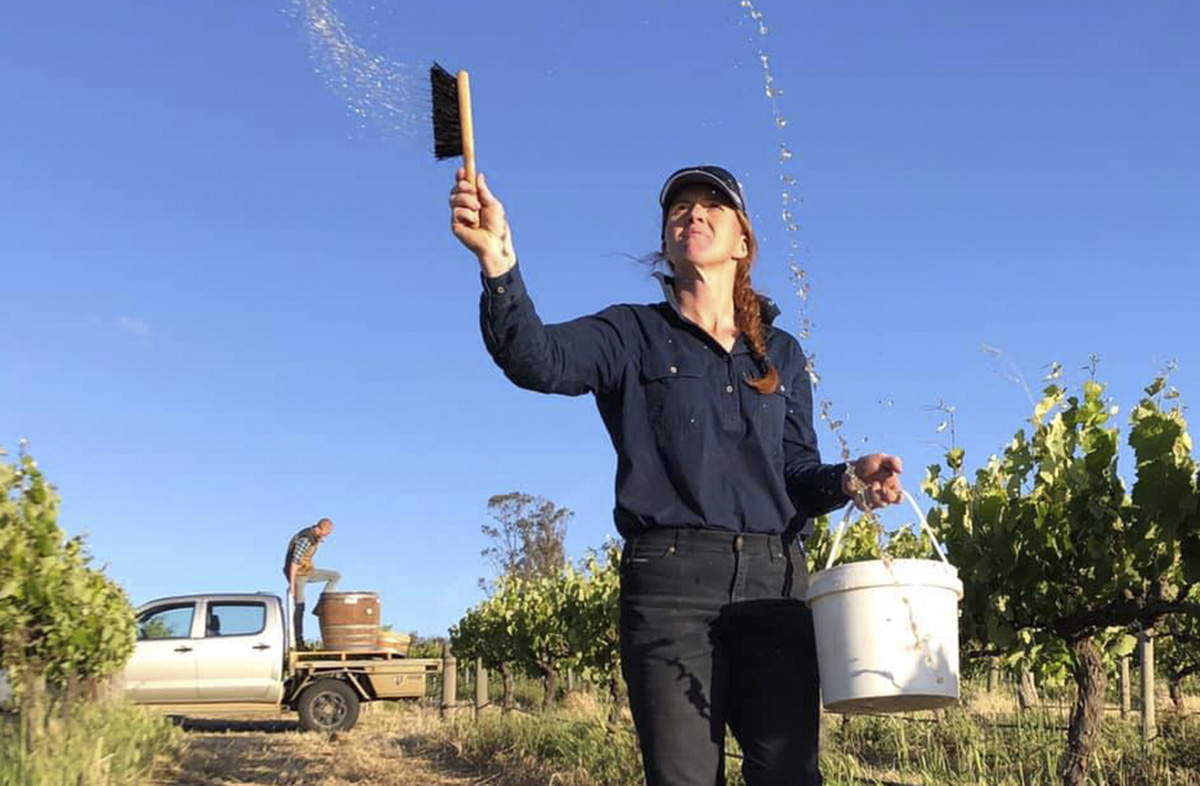
Certified Biodynamic
Being certified Organic in its own right doesn’t guarantee that our farming practices are sustainable; it is part of a matrix to achieve genuine sustainability. Biodynamics is the highest form of organic practice that we can achieve and ensures that our farming practices are genuinely sustainable.
Fundamentally, biodynamic farming improves the vitality of our earth and environment – it is enrichment, not just maintenance. It presents a limitless opportunity to harness the natural resources of all cosmic and terrestrial things.
Organic farming requires that you remove synthetic chemicals from your practices, but doesn’t mandate that you return anything to the system. Biodynamic practices are the means by which we return life, vitality, and energy back into our vineyards.
We make our own Biodynamic Preparations, host compost-making workshops and education days, and share our knowledge and learnings throughout our industry.
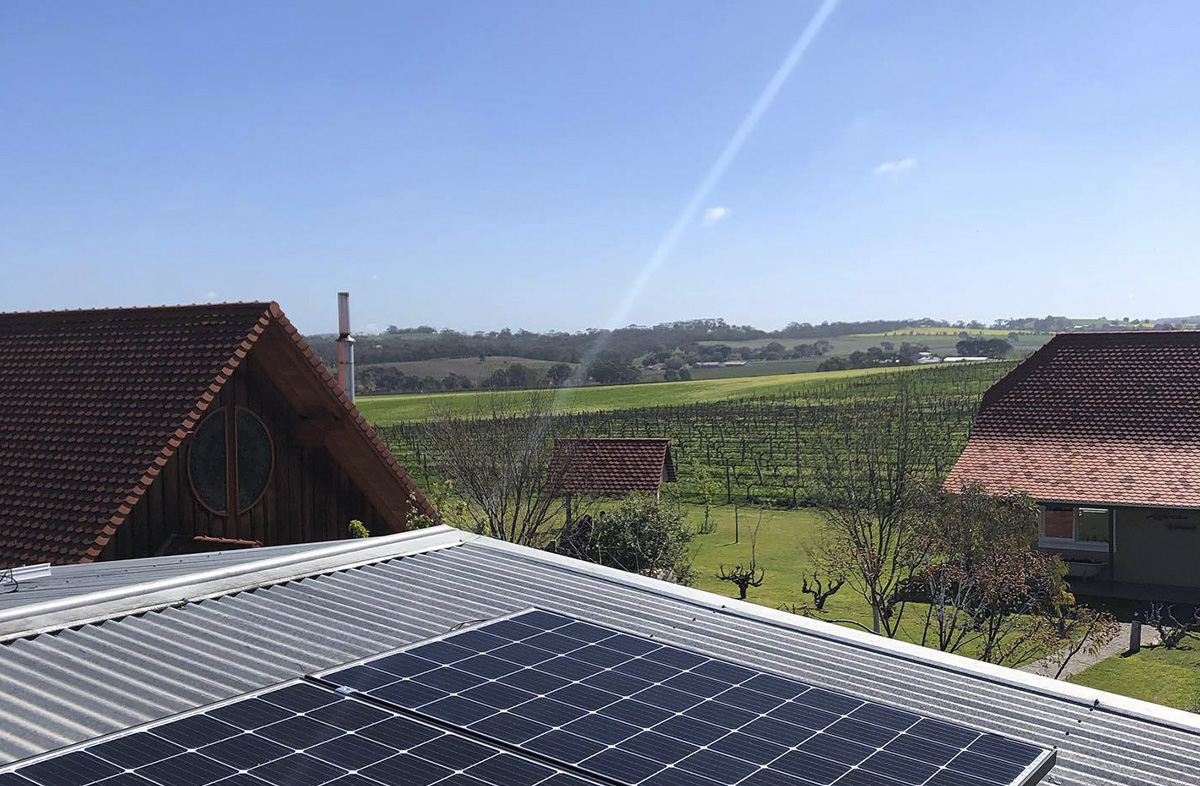
Energy, Solar and Reclaimed Water
Tscharke are one of only a handful of wineries in Australia to naturally cellar all our wines underground, harnessing the thermal properties of the earth. This substantially reduces our dependence on energy for refrigeration – think of all the wine in Australia being stored in above-ground, air conditioned warehouses…
Our energy needs are met by our own on-site solar system and our water is entirely estate harvested rainwater. This is important for winemaking, as we believe that untreated, unchlorinated rainwater has far greater vitality and energy than treated tap water. We have also developed a unique water treatment system that enables us to effectively reclaim up to 2.5 million litres of stormwater and used winery water every year.
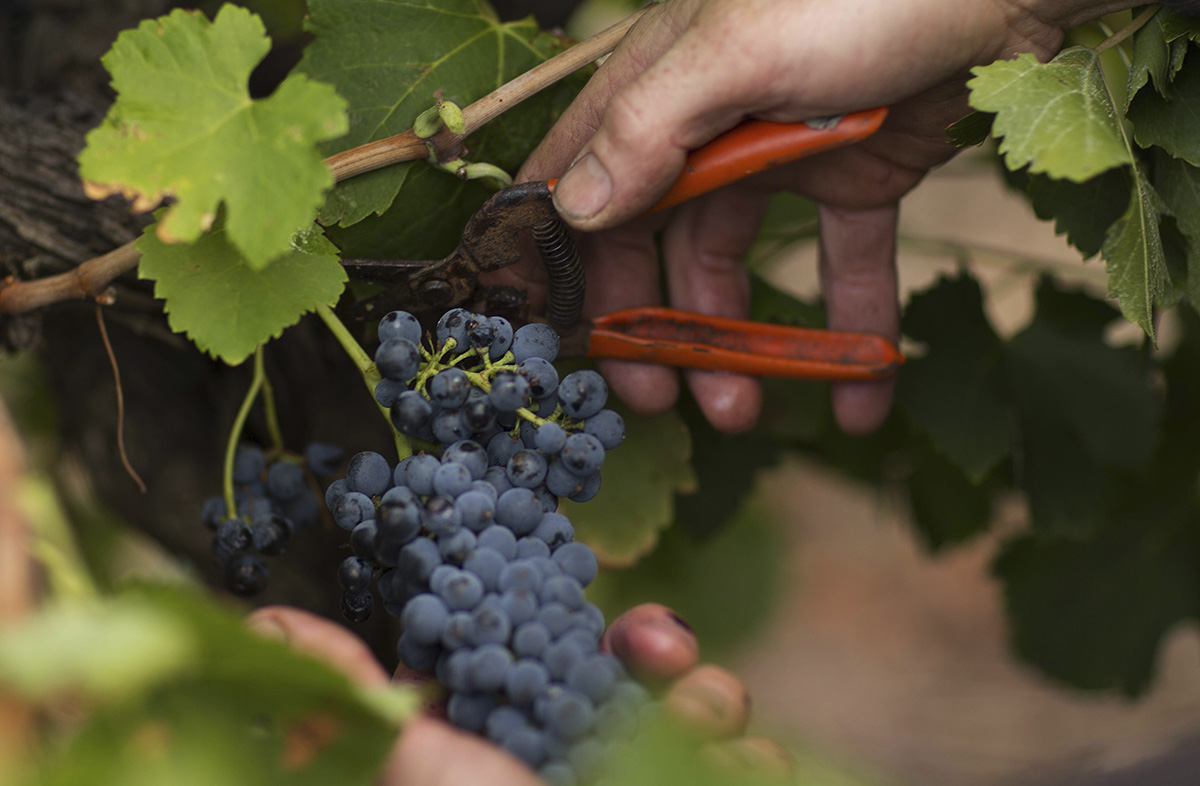
Climate Change Adaptation in Viticulture
In our hearts, we’re farmers first. Growing healthy, vibrant grapes of the highest quality allows us to make exceptional wines and this all begins with the varieties we chose to grow.
We grow and advocate for grape varieties naturally adapted to our region’s warm and arid climate, such a southern Rhone varietals like Grenache, Mourvèdre and Shiraz.
In essence, we making wines that suit the landscape, not the marketplace, and bringing our customers along on that journey. In this way we’re demonstrating the power and elegance of working with varieties that thrive in our environment, rather than forcing unsuitable varieties to perform by using chemical inputs or high water rates.
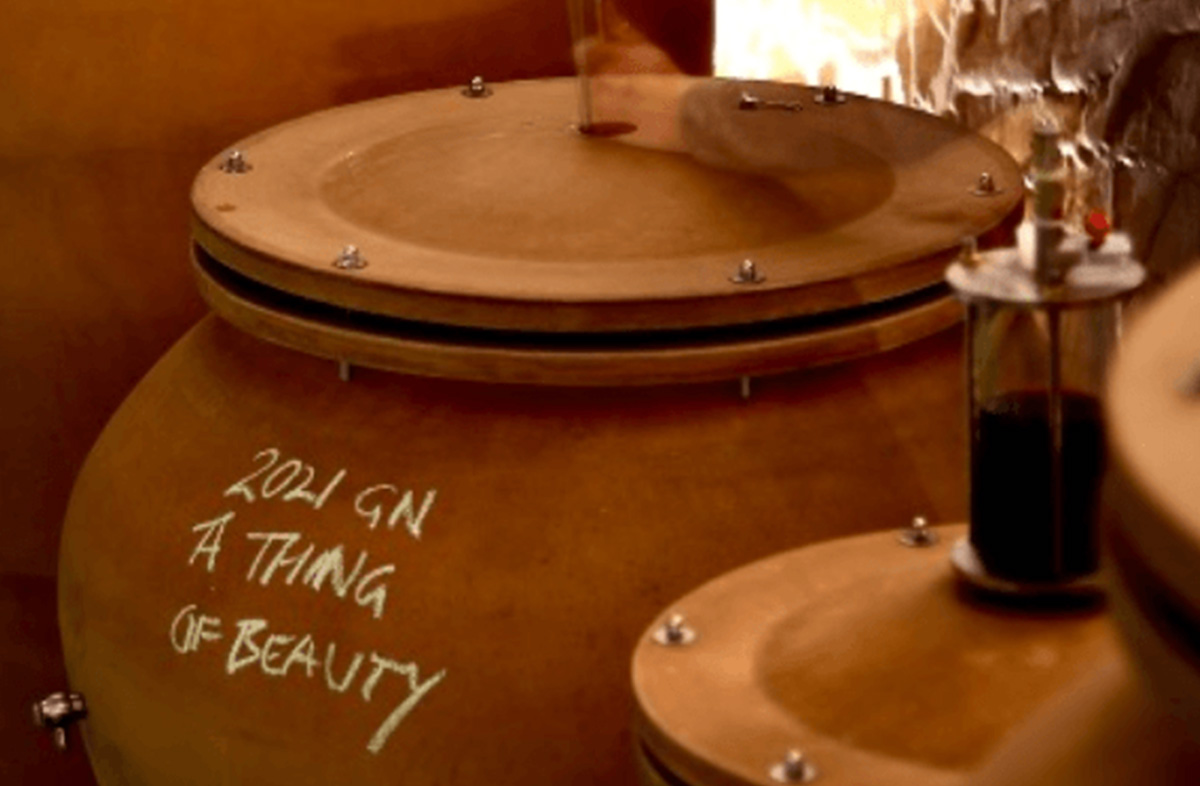
Vegan Wines
Modern winemaking typically relies on fining agents to help clarify wines, and remove any particles left over from the fermentation and elevage processes. The most common fining agents are animal-derived – something that most consumers are startled to discover at some point in their wine-drinking lives.
Here at Tscharke, we don’t fine our wines at all. We employ fastidious winery management and a skilled winemaking approach to ensure our wines are clean and vibrant, without the need to introduce artificial elements into the wine.
And, a note of caution about vegan wines. In the move towards ‘sustainability’ some wine producers have replaced the use of animal-derived fining agents with Polyvinylpolypyrrolidone (PVPP). Essentially, PVPP are tiny plastic beads that strip wine of impurities with the handy benefit of not attracting a mandatory label mention (you may have seen “made using animal products”). So, as with all things – be a curious consumer. If you prefer to drink vegan wines, make sure you know if the producer is using a plastic fining agent as an alternative!
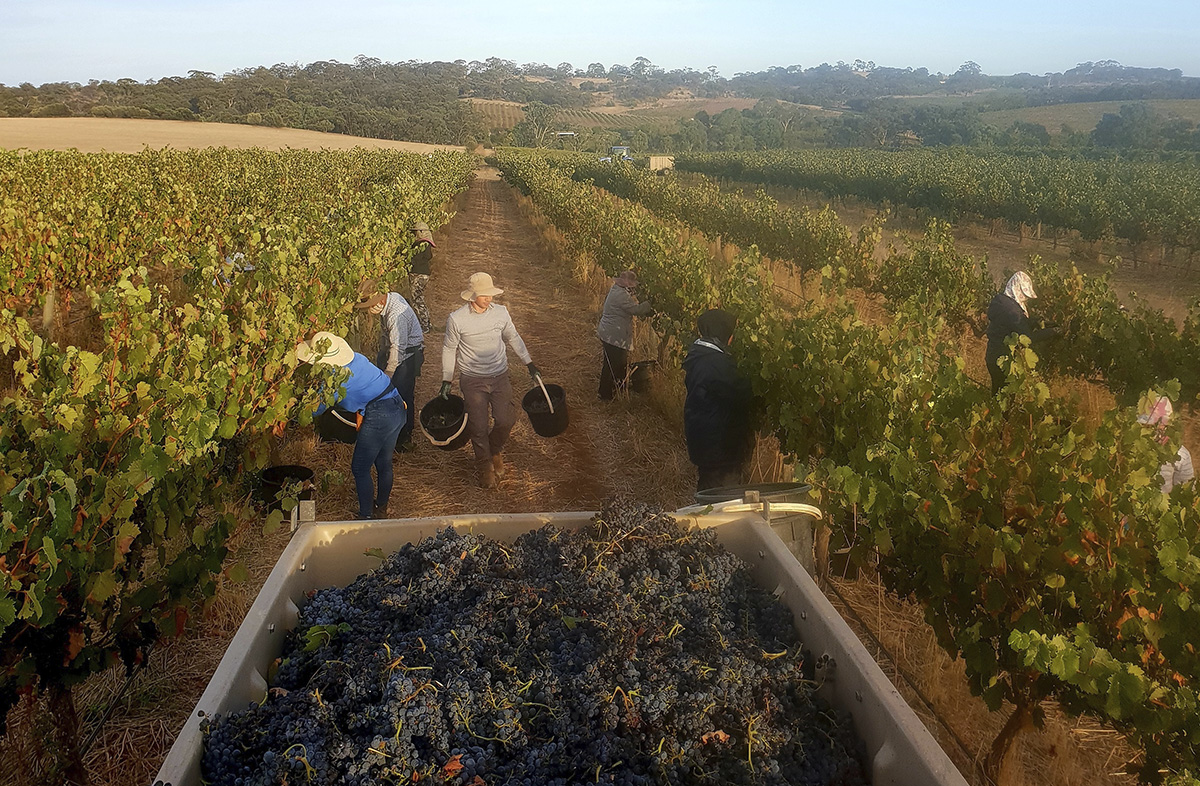
What is Organic Certification, and why is it important?
There are only six certified Organic wineries in the Barossa, and only three that are also certified Biodynamic. Tscharke are certified both organic and biodynamic – an incredibly rare distinction in our region.
Australia is the only developed nation in the world that does not have an enforced legal standard for the use of the word ‘organic.’ This means that any producer of any product can describe it as ‘organic’, regardless of how it is grown or treated, and regardless of any synthetic chemicals that may be present in it.
In the wine industry we often see terms such as ‘made using organic methods,’ or ‘sustainable viticulture’ but without a certified organic standard, these wines could well be grown conventionally with synthetic fertilisers, herbicides and fungicide sprays.
In contrast, certified organic producers have been independently verified by third party body. Attaining certification is a rigorous, painstaking process, and the efforts required to retain your certification are equally meticulous. It is extremely difficult to obtain and maintain an organic certification and it verifies our commitment to the highest levels of environmental custodianship and enrichment.
